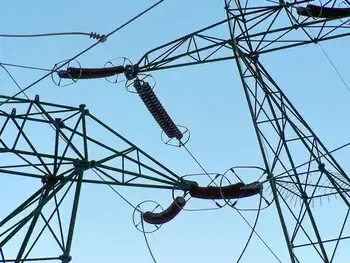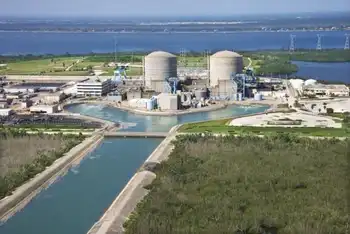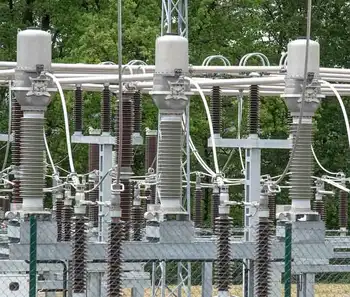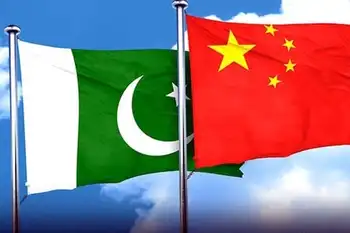ASEAN adopts plan of action for energy cooperation
MANILA -- - The Association of Southeast Asian Nations (ASEAN) energy ministers ended their 22nd meeting recently with the adoption of a plan of action for stronger cooperation in light of growing concerns on energy security and sustainable development amid highly volatile world oil prices.
The plan calls for sustainable energy development, enhancing the integration of the regional energy infrastructure, promoting energy security, creating progressive policies for market reforms and liberalization, as well as addressing the environment concerns.
The ministers from the 10-member ASEAN adopted the Plan of Action for Energy Cooperation 2004-2009 "to ensure policy and technical continuity and sustainable cooperation in the ASEAN energy sector towards closer regional economic integration," said a statement issued at the end of the meeting.
The plan of action will explore new initiative such as promoting bioenergy, use of marine compressed natural gas as an alternative mode for transporting gas. The ministers agreed to promote the greater utilization of bio-diesel and ethanol in the region.
Recognizing the greater use of renewable energy to address rapidly rising oil prices, the ministers also agreed to increase the share of renewable energy in power generation in the ASEAN region to at least 10 percent over the next six years, the statement said.
As ASEAN is increasingly becoming more dependent on petroleum resources outside the region, they agreed to work towards formalizing a mechanism for regional consultation and coordination during periods of petroleum shortages and emergencies in the region.
They also agreed to pursue dialogue with Middle East oil producing countries to promote stability in the oil market and to promote stable and secure energy markets in ASEAN.
During the meeting, the ministers also endorsed proposed work priorities in ASEAN plus three (China, Japan, South Korea) cooperation in energy security, natural gas development, oil market studies, oil stockpiling and renewable energy.
The ministers reaffirmed that interconnected networks of electricity grids and gas pipelines in the ASEAN region offer significant benefits both in terms of energy security, flexibility and quality of energy supply and greater competition.
They also called on the private sector to actively participate in carrying out these projects on a commercial basis.
The next ASEAN Ministers on Energy Meeting will be held in Cambodia in early July 2005.
ASEAN groups Brunei, Cambodia, Indonesia, Laos, Malaysia, Myanmar, the Philippines, Singapore, Thailand and Vietnam.
Related News

Ukraine Leans on Imports to Keep the Lights On
UKRAINE - Russia's ongoing war in Ukraine has extended far beyond the battlefield, with critical infrastructure becoming a target. Ukraine's once-robust energy system has sustained significant damage from Russian missile and drone strikes. To cope with these disruptions and maintain power supplies for Ukrainian citizens, the country is turning to record-breaking electricity imports from neighboring European nations.
Prior to the war, Ukraine enjoyed a self-sufficient energy sector, even exporting electricity to neighboring countries. However, targeted attacks on power plants and transmission lines have crippled generation capacity. The situation is particularly dire in eastern and southern Ukraine, where ongoing fighting has…




